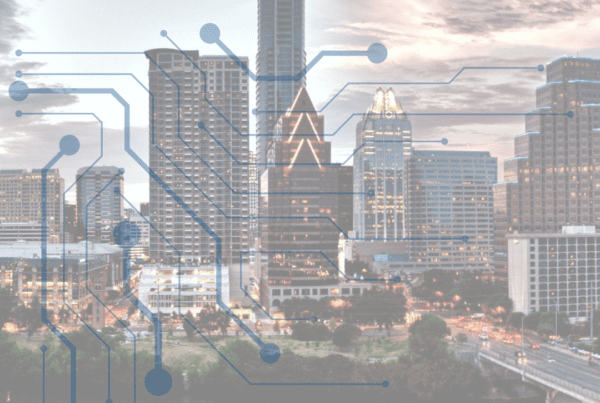With all the data breaches hitting the news these days, cyber insurance is on more businesses’ radar than ever. Almost every company has felt vulnerable to a data breach at some point or another. Even so, many of them have no idea what cyber insurance covers – or whether they qualify for coverage at all. As a result, the importance of having a discussion with Watkins Insurance Group about cyber insurance cannot be overstated. A data breach or other cyber incident could end up costing your business much more than you expect.
Whether your business is just beginning the conversation about cyber insurance or if your business will be renewing an existing cyber insurance policy, there are the factors that insurance companies are now likely to consider when deciding if your business may be eligible for cyber insurance coverage. By being aware of these factors, you can leverage them in your favor – by showing how engaged your business is when protecting against cyber risks.
1. Multi-Factor Authentication (MFA)
MFA is an authentication process that requires more than just a password to protect an email account or digital identity. It is used to ensure that a person is who they say they are by requiring a minimum of two pieces of unique data that corroborates their identity. This unique data comes in three forms – something you know (i.e., your password), something that you have (i.e., a one-time passcode generated by an app or hardware token), or something you are (i.e. fingerprint, retinal pattern, voice signature, or facial recognition). MFA should be enabled on all email accounts and remote access points.
2. Offline Backups
Offline backups are a copy of your data that is held in an area where there is no continuous connectivity to the network. This segregated copy can be physical or digital and must be tested frequently. Offline backups should be facilitated daily to ensure the most accurate copy of your information in case of a ransomware event.
3. Endpoint Detection and Response (EDR)
EDR is a security solution that combines continuous monitoring of endpoints (any device that can communicate back & forth with a network – think cellphones, individual computers, servers, etc.) and response analytics. Activity that is flagged to be suspicious is then automatically removed or contained.
4. Penetration Testing and Vulnerability Scans
Penetration testing and vulnerability scans provide an overview of your current systems’ potential vulnerabilities. Penetration tests are simulated hacking attacks and can be internal (looking at vulnerabilities from the inside) or external (conducted remotely from the hacker’s perspective). Vulnerability scans purely identify exposures and do not exploit the potential security gap.
5. Advanced Email Filtering Solutions
Email filtering solutions identify spam, viruses, malware, and phishing attempts coming into and out of your inbox.
6. Security Information and Event Management (SIEM)
SEIM is a centralized tool that aggregates all log and event data from various sources to assist in spotting and responding to potential threats. This provides an overview of the company’s entire technology infrastructure.
7. Employee Training
Human error is the #1 cause of cyberattacks. However, continuous employee education (must be ongoing, cannot be a one or two-time training) and simulated phishing campaigns can help to keep cybersecurity at the forefront of employees’ minds.
The importance of cybersecurity has never been more apparent than it is today. Businesses need protection for their data and systems from outside threats. Still, many don’t know where best to start when looking at cyber insurance companies that will partner with them instead of just providing basic coverage like before. Ultimately, everyone from the CEO to the office manager needs to understand how these factors influence strengthening a business’ cybersecurity posture.
Cybersecurity is a complex issue, but our team of knowledgeable insurance professionals can help make sure your business is protected from online threats. We have a wide range of coverage options to fit your business’s specific needs.
Cyber insurance isn’t just about protecting yourself from attack. It’s also about being prepared in case something does happen. Contact Watkins Insurance Group today to learn more about cyber insurance policies and how we can help keep your business safe.
Courtesy of Evolve MGA







